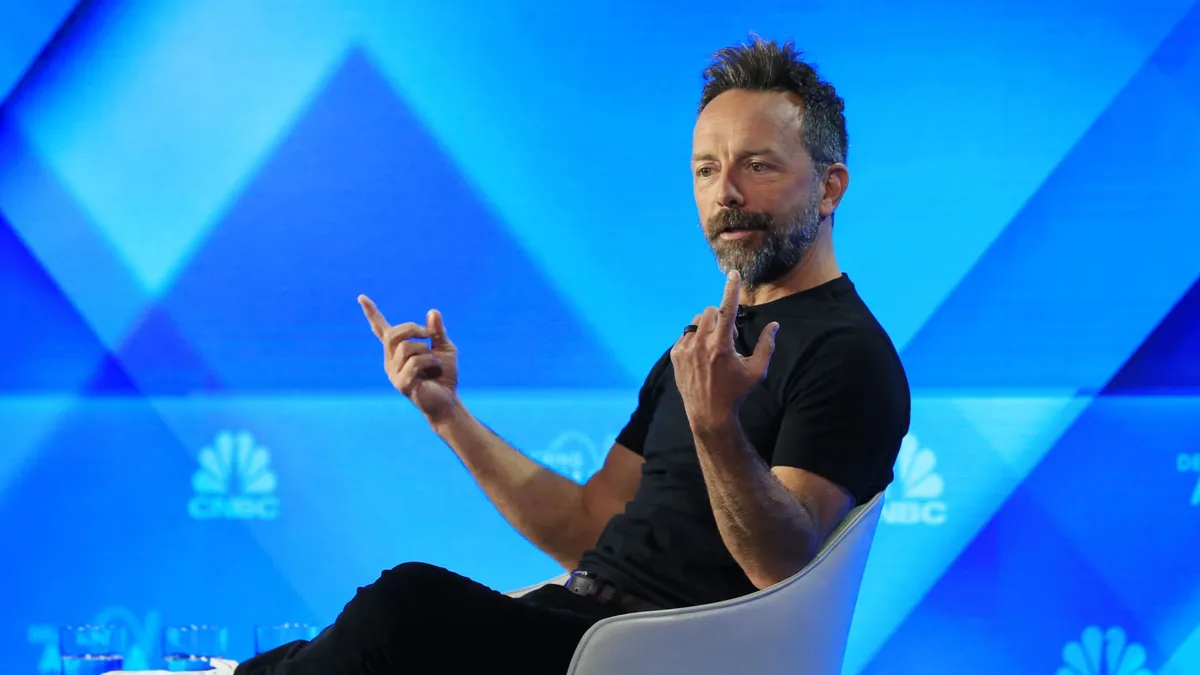
On Monday, investor Brad Gerstner expressed caution regarding OpenAI's recent partnerships with tech giants Nvidia and AMD. Speaking to CNBC, Gerstner highlighted that these deals are currently just announcements and have yet to translate into actual deployments. He emphasized the importance of watching what gets delivered in the coming months, noting that ultimately, "the best chips will win" in the competitive landscape of artificial intelligence.
OpenAI's substantial agreement with AMD and its continuous push to enhance its artificial intelligence capabilities underscore the intensifying competition in the tech sector. Gerstner pointed out that these partnerships further indicate that despite efforts to increase supply, the world will likely remain compute-constrained. This situation highlights the ongoing AI arms race, which has become a significant factor in the geopolitical competition between the U.S. and China.
OpenAI faces formidable competition from its Chinese rival, DeepSeek, which made headlines last year by claiming to offer a lower-cost AI model than its U.S. counterpart. DeepSeek has continued to innovate, releasing new open-sourced models that utilize domestically produced AI chips. This innovation raises questions about the future dynamics of the AI market and the implications for U.S. companies.
Recent reports have highlighted national security concerns associated with DeepSeek. The U.S. government issued a warning, as reported by Axios, indicating that the National Institute of Standards and Technology's Center for AI Standards and Innovation observed that DeepSeek's models tend to reflect the views of the Chinese Communist Party more frequently than those developed in the U.S.
OpenAI's partnership with AMD is generating optimism that the organization is taking proactive steps to enhance production and develop more complex AI models. The President of OpenAI conveyed a critical perspective on the emerging landscape, stating, "What we're really seeing is a world where there's going to be absolute compute scarcity." He emphasized that the demand for AI services is surging, not just from OpenAI but from the entire ecosystem of AI providers.
As the demand for AI technology continues to escalate, the need for collaboration within the industry has never been more crucial. The OpenAI President's remarks underscore the importance of collective efforts in addressing the looming challenges of compute scarcity. With so much at stake, it is vital for industry players to come together to pave the way for a more robust and innovative future in artificial intelligence.